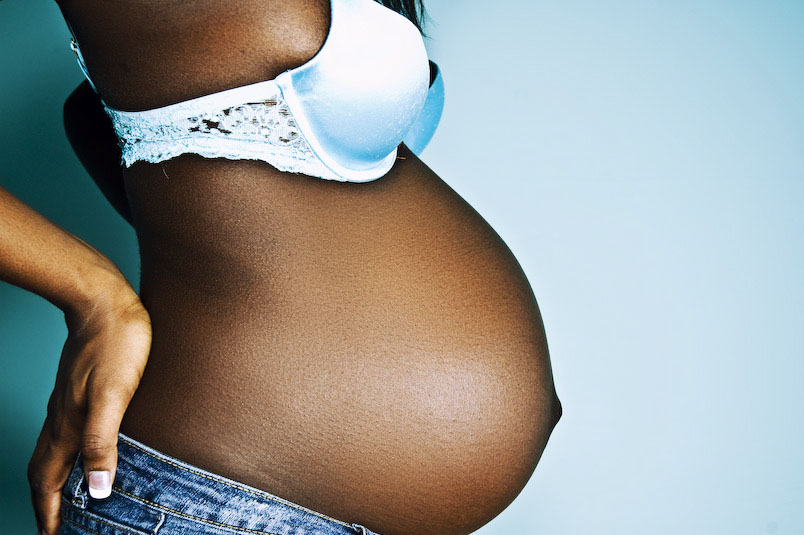What You Need to Know About Birth Control and Blood Clots

By:
As the battle for affordable birth control wages on, there's a lingering debate over whether birth control is potentially harmful to one's health.
One example is Charlotte Foster, a 23-year-old from Shropshire, England who died in July of a blood clot after taking birth control pills. Should Foster's untimely death cause concern for those taking hormonal-based contraceptives?
We spoke with Dr. Jenny M. Jaque from Obstetrics and Gynecology at the Keck Medicine of USC for the full info.
What is the link between birth control and blood clots? (Hint: estrogen)
"Estrogen-contained birth control pills increase some of the clotting factors in the blood, bottom line," Jaque said. "By virtue of that, it puts you at greater risk for blood clots. That said, it's difficult to say 'x amount of percentage of the general population [will get blood clots]' because it also depends if women have other pre-existing conditions that already put them at risk for blood clots."
At the same time, while birth control "does put you at an increased risk because it's increasing clotting factors," Jaque said, "it's minimal in comparison to pregnancy."
 J.K. Califf/Flickr - flic.kr
J.K. Califf/Flickr - flic.kr
"When you're pregnant, that's when you're really at an increased risk for blood clots," Jaque said. "Because the same thing happens but at a much greater rate." When pregnant, one experiences an increase in estrogen flowing through the body.
"A woman will produce more estrogen during one pregnancy than throughout her entire life when not pregnant," according to Healthline.
Any rush of hormones can increase the risk of blood clots, and that risk isn't limited to pregnancy or the pill. "Anything with estrogen," Jaque said (so that would include the NuvaRing.)
But as Jaque noted, "you can get pills with different amount of hormones in them. Things like the IUD [like Mirena], Depo-Provera [injections, aka a 'birth control shot'] which are progestin-only forms of contraception, do not. So a copper IUD wouldn't put you at an increased risk, or progestin-only IUD. So it's just specific mainly to birth control pills, or estrogen-contained patches."
Does smoking on birth control increase the risk of blood clots?
"Smoking in general is not advised," Jaque said. "In general, it wreaks havoc to your system. We tend to worry about smokers over 35 [on birth control] — the risks tend to increase as well."
But Jaque advises against smoking at any age. "Long-term smoking is a risk factor for everything," she said. "Smoking in general increases your risk for all these bad things."
If you're taking estrogen-based birth control, is there anything you can do to decrease your risk of blood clotting?
"What you need to do is just walk around," Jaque advised. "Any time you're sedentary and you don't move around a lot, you're at an increase risk for clots, even if you're not on birth control pills."
That's why people are advised to get up and walk around on long airplane flights. "Just be active," Jaque said. "Move around."
The most important tip? Talk to your doctor!
"Make sure you fully disclose to your physician any medical conditions or family history of any other medical conditions so we're better at figuring out what contraception you should be on," Jaque said.
"Overall, the bottom line is yes, oral contraceptives increase your risk of venous thrombosis [a blood clot that forms in your vein] depending on the combination of what estrogen and progesterone you're using," she said. But is it fair to say there's little reason to worry as long as you're open with your doctor? "Absolutely," Jaque said. "Absolutely."
Just "be active," Jacque concluded. "Have a healthy lifestyle. That's the take home message."
